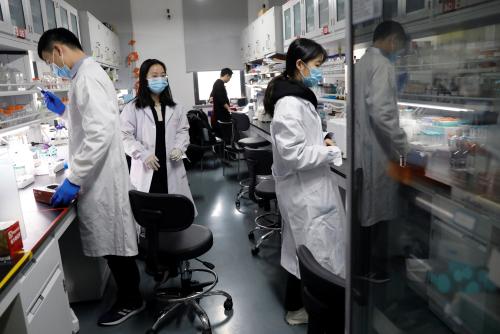Internally displaced persons have emerged in recent years as one of the most pressing humanitarian, human rights, political and security issues facing the global community. There are an estimated 20 to 25 million persons forcibly displaced within their own countries by conflict and human rights violations, many in acute need of protection and assistance. More than 10 million can be found in Africa, 4 to 5 million in Asia, 3 to 4 million in Europe and more than 2 million in the Americas. More than 40 countries are affected.
Had these persons crossed a border, they would have a well-established international protection system to turn to under the United Nations High Commissioner for Refugees (UNHCR). But for persons forcibly displaced within their own countries, no such predictable international system has been put in place. Although the internally displaced are uprooted for the same reasons as refugees, they remain under the jurisdiction of their governments and therefore are excluded from the international protection afforded to refugees.
United Nations Secretary-General Kofi Annan has described the problem as “an unprecedented challenge for the international community: to find ways to respond to what is essentially an internal crisis.” Put another way, an effective balance needs to be found between the compelling obligation to provide humanitarian assistance and protection to persons at risk and the UN principle of non-intervention in internal affairs. Even though primary responsibility for the security and well being of internally displaced populations rests with their governments, when governments are unwilling or unable to provide for the protection and assistance of their citizens, or when there is no government at all, the international community is challenged to become involved. Apart from the humanitarian imperative, internally displaced persons denied access to food, medicine and shelter and exposed to all manner of violence generally fall into a vacuum of responsibility within the state, which can undermine internal stability. If the situation is left “unaddressed,” it may “spill across borders and upset external and regional stability,” the Secretary-General has warned. International involvement therefore becomes essential.
This paper examines the relationship between national and international responsibility in situations of internal displacement. First, it looks at the problem conceptually and legally, then turns to specific situations in Asia, and finally seeks to draw some conclusions.


